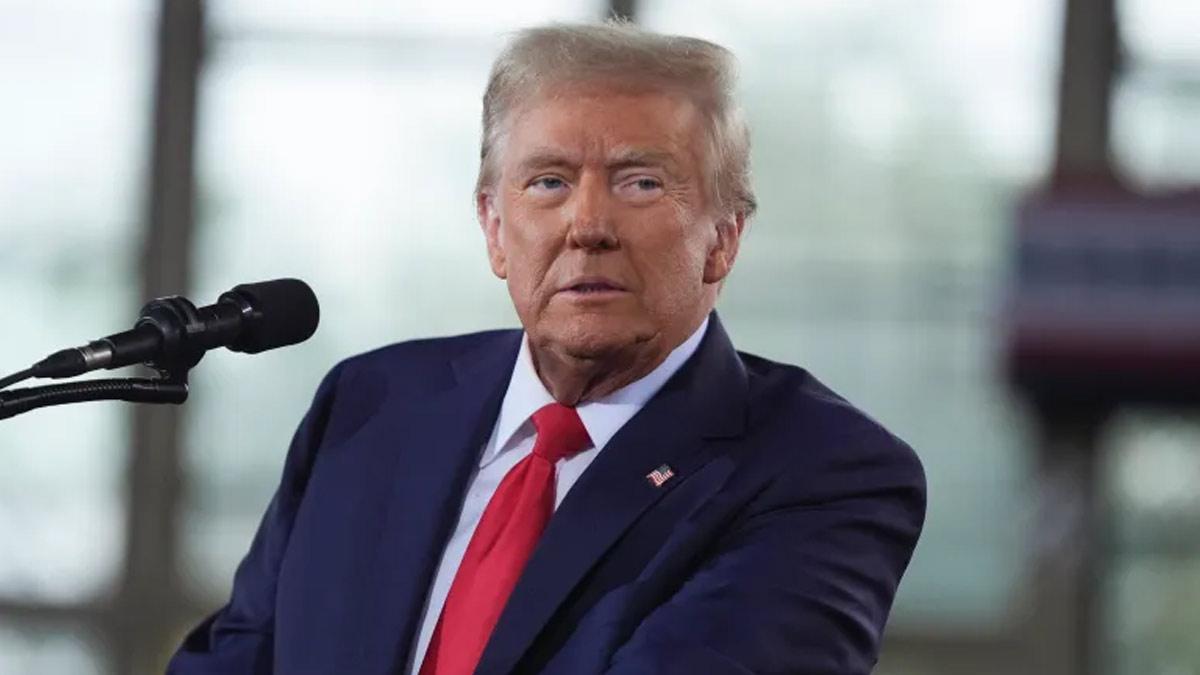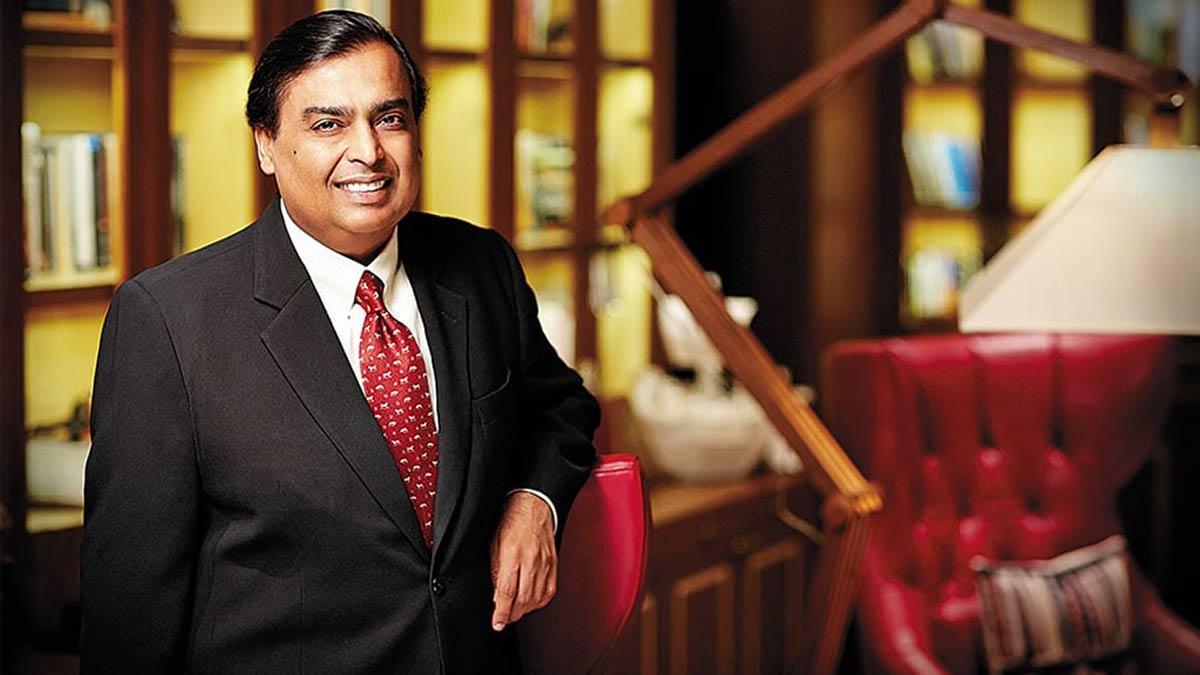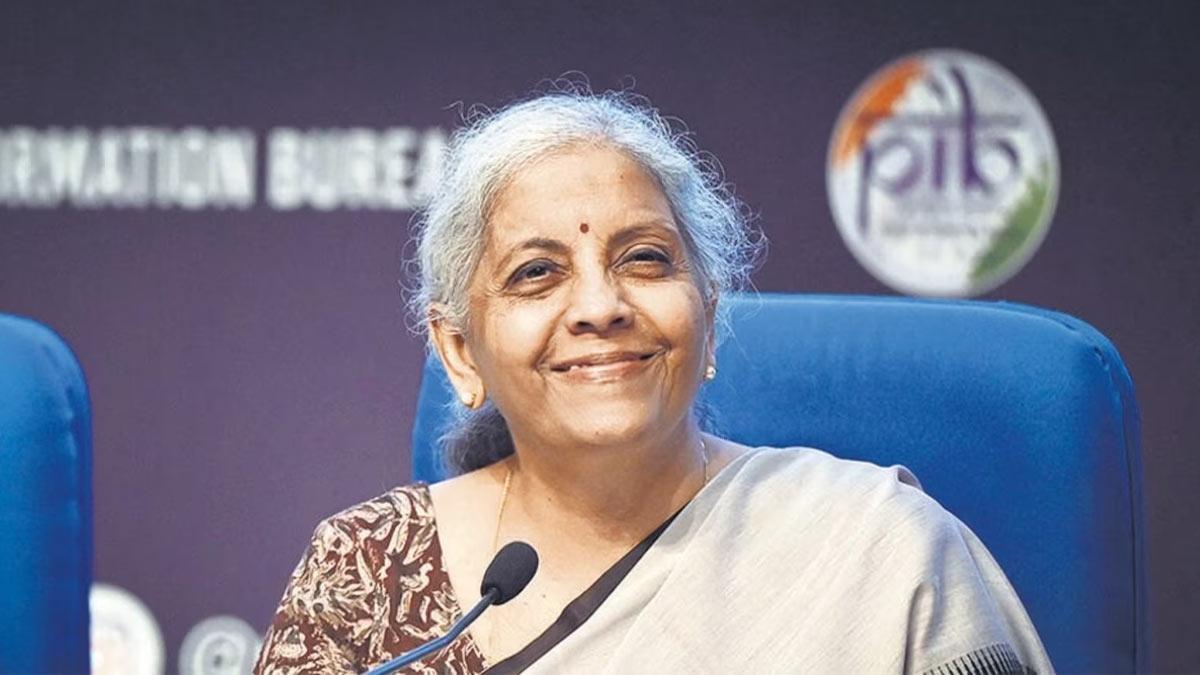Former US President Donald Trump has introduced a plan to implement "fair and reciprocal" tariffs on all countries, arguing that many nations impose significantly higher tariffs on American goods than what the US charges them. However, he did not immediately enact the new tariffs.
Rather, on Thursday, Trump signed a memorandum that directed his nominees, Howard Lutnick for Commerce Secretary and Jamieson Greer for International Trade Representative, to craft a country-specific tariff approach within 180 days.
In addition to tariffs, they also have been tasked with looking into government subsidies on exports and currency manipulations used by other countries that give them a competitive edge. The six-month window permits possible negotiations with targeted countries before tariffs go into action.
Declaring the memorandum, Trump said, "In nearly all instances, they're charging us greatly more than we charge them, but those days are over." He added, "For the sake of fairness, I have decided to apply a reciprocal tariff—whatever a country charges the United States, we will charge them in return."
As part of his 'Make in America' program, Trump underscored that businesses moving their manufacturing facilities to the US would be exempt from these tariffs.
The memorandum was signed hours ahead of Trump's meeting with Indian Prime Minister Narendra Modi, and thus tariffs were bound to be on the agenda for discussion.
Peter Navarro, an adviser to Trump on trade and manufacturing, said India, Japan, and the European Union may be among the countries affected by the upcoming tariff proposals.
As a response to earlier US complaints, India had reduced tariffs on heavy motorcycles, one of Trump's long-time grievances, and on some agricultural products from the US in its recent budget.
Trump's action of increasing tariffs is also to help fill budget gaps, especially with his suggested tax cuts.
Trump has yet to impose all of the new tariffs, aside from one—that is, the 10% tariff on imports from China—in addition to currently imposed levies. A tariff of 25% on the imports of steel and aluminum as well as of Canada and Mexico was announced recently but is planned to be applied in early March.
Meanwhile, Trump's appointment for the Office of Management and Budget, Russell Vought, has been also instructed to conduct the financial review of these tariffs.
Other than retaliatory tariffs, Trump also threatened introducing other duties for cars, chips, and medication, with announcement details to follow at a latter date.


















